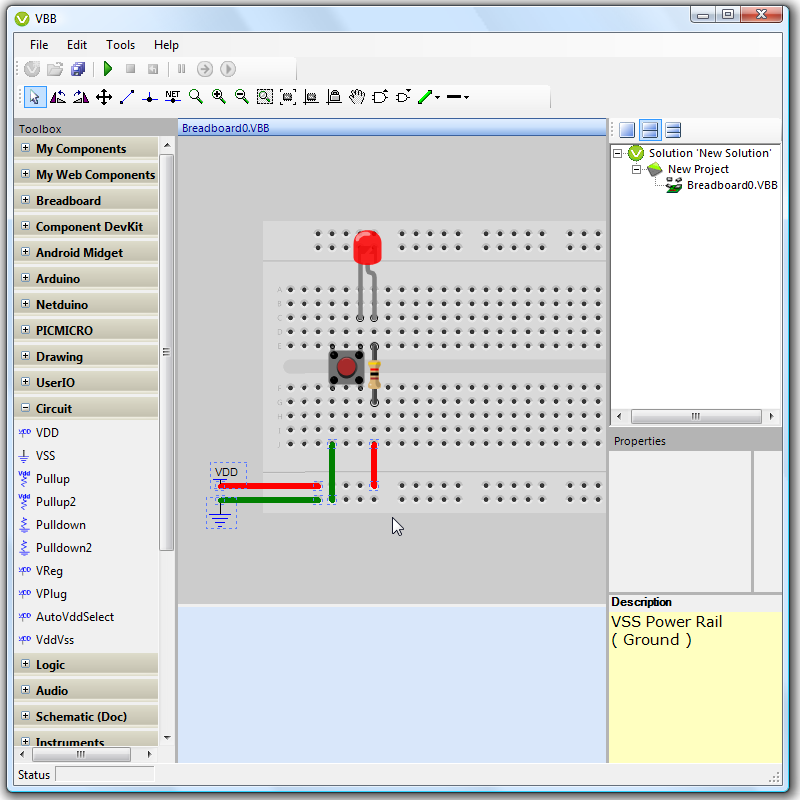- Freeware
- - Graphic Apps
- - CAD
- - FONZIE
FONZIE 12.2010 freeware
FONZIE is a bioinformatic tool written in Python developed for the genetic cartography speciality. FONZIE allow as well to find markers on a set of sequences than to find associate oligonucleotides. ...
| Author | Jonathan Grandaubert |
| Released | 2011-08-30 |
| Filesize | 10 kB |
| Downloads | 465 |
| OS | Windows XP, Windows Vista, Windows Vista x64, Windows 7, Windows 7 x64 |
| Installation | Instal And Uninstall |
| Keywords | marker finder, find marker, genetic cartography, marker, genetics, cartography |
| Users' rating (13 rating) |
FONZIE Free Download - we do not host any FONZIE torrent files or links of FONZIE on rapidshare.com, depositfiles.com, megaupload.com etc. All FONZIE download links are direct FONZIE download from publisher site or their selected mirrors.
| 12.2010 | Aug 26, 2011 | New Release |





